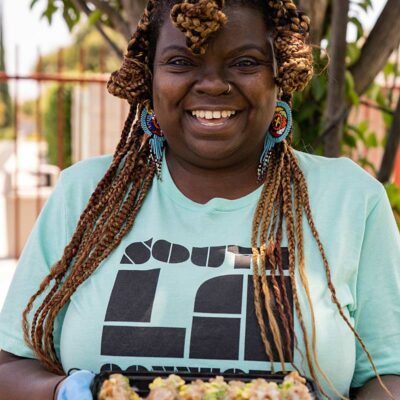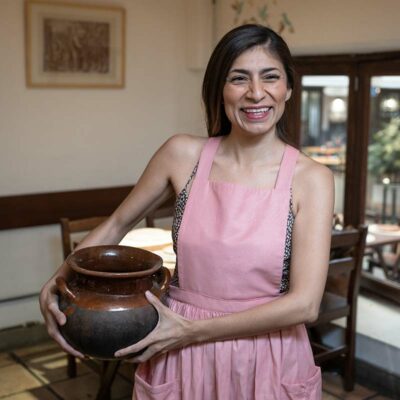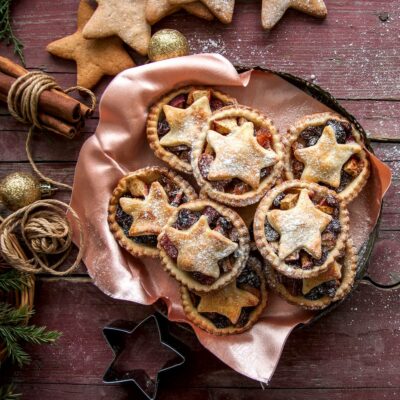Veganism While Honoring Our Culture

Food is more than just sustenance. It ties us to our families, communities and cultures. It can evoke childhood, is often central to our celebrations, and connects us to our forebears, even when we may have moved far from their homeland.
It is bound up with our sense of belonging, and it is an essential component of many of our most important memories. It is a part of our story, and how we tell it.
For all these reasons, we understand that contemplating a switch to a plant-based diet can feel like losing so much more than just missing out on meat, eggs, and milk. And yet, for many people, perhaps most, it is possible to become vegan and at the same time stay true to—and connected with—their culture.



To do that, we need to find a way to hold on to the parts that truly matter to us, while making adaptations in line with our own principles. In practical terms, this means keeping the same dishes, feasts, and traditions, but finding a way to make the recipes animal-free. For some cultures this is certainly easier than for others, but with the wealth of high-quality vegan products and many innovative cooking techniques, you may be surprised to find you can replicate the dishes that mean most to you.
And yet, when we examine those cherished traditions, we may see that, although a meal is often central, the food itself is just one component of it. Just as important is sitting together to eat, lighting candles, exchanging gifts, playing music, telling stories, or any of the other things that are meaningful and joyful about these occasions. None of those need to change.
Veganism is not new, and nor is it the preserve of any one culture. Its roots are ancient and global.
The diets of our ancestors may not have been vegan as we know it, but in many cases they would have been plant-based. What we eat today was passed down from them, through our families and communities, through what was seasonal, available and affordable, and depending on where they lived, the influences they had, and their own personal tastes. Each generation adapted what they learned to suit their own circumstances, and passed it on. In this way, traditions both change and stay the same. And, as vegans, we can play our part in that ancestral chain. We can make our grandmother’s recipe, tweak it to fit with our own principles and preferences, and pass the tradition on.
